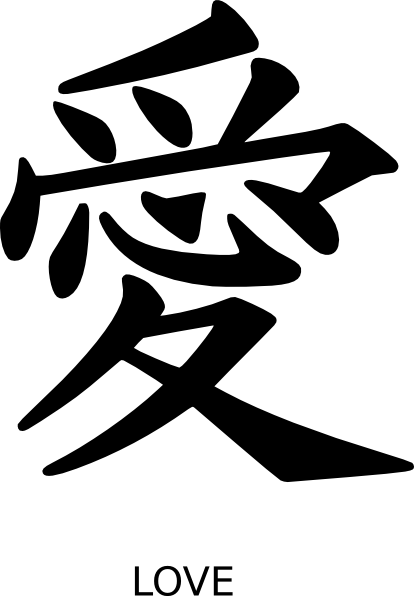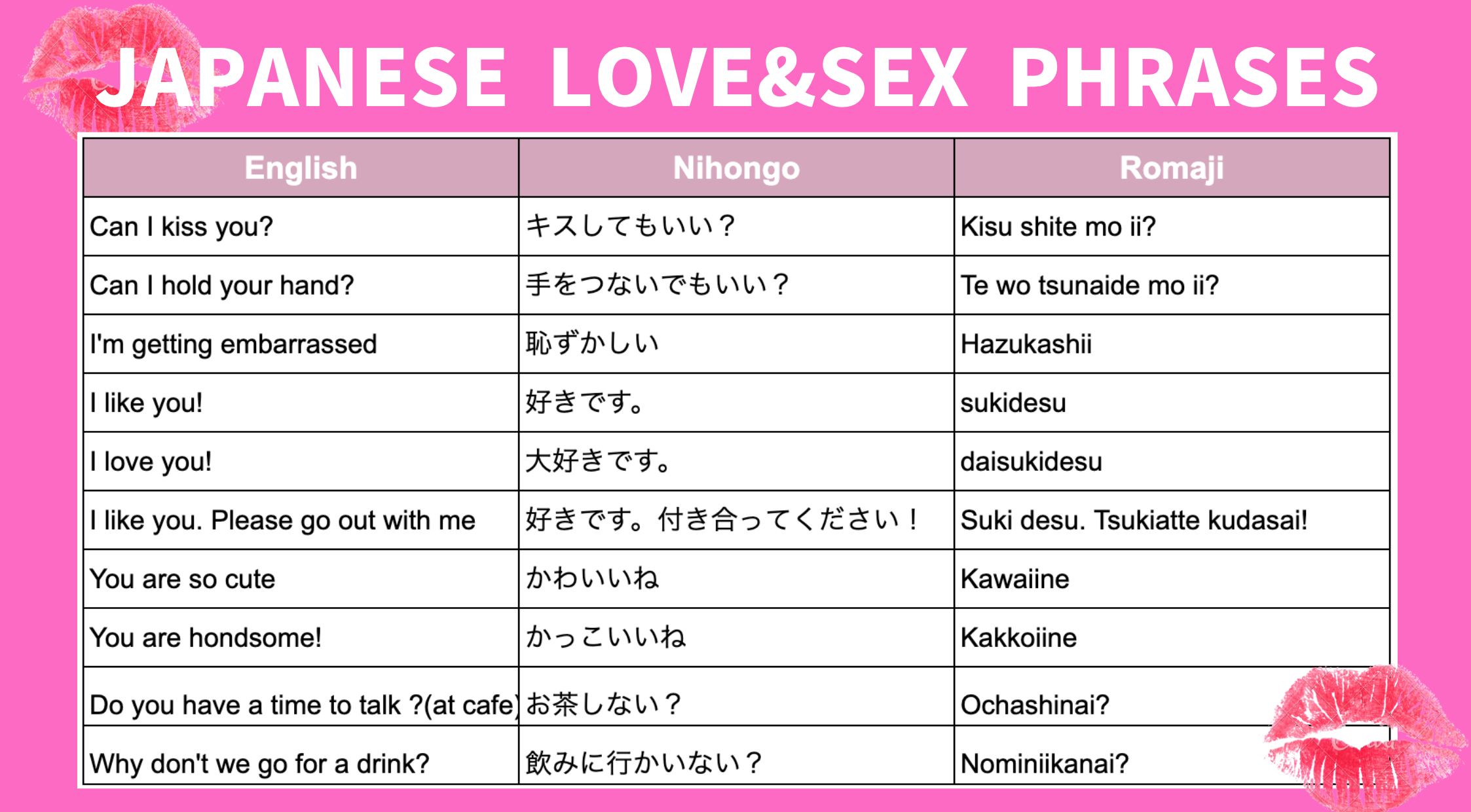

Not only can be expressed for someone who we are romantically loved, but this phrase is also can be used for a very close family member. For them, this phrase is not so often or even very rarely said because of this condition. When the Japanese say “Aishiteru”?Īs we have discussed previously, this phrase in the real life for the Japanese is a very deep and serious expression of love. Instead of hearing 愛してる (aishiteru), you will hear they say 好き (suki) or 大好き (daisuki) a lot, which means “I like you or I like you very much”. Although, most of the time you might hear this phrase is used or said very often in anime, song’s lyrics or J-dramas, however in the real life, you will rarely hear it said by the Japanese.

Then, please keep in your mind that this phrase, 愛してる (aishiteru) is literally a very serious romantic phrase to express the extremely sincere love with such a profound meaning and special for the most loved one.

This is the past form in the Japanese language
愛しています (aishiteimasu) means “I love you” as well, exactly same with 愛している (aishiteiru). This is the present continuous form in the Japanese 愛している (aishiteiru) means “I love you”. This is the dictionary form of “love” as a verb in Japanese 愛する (aisuru) means “to love” or “do love”. Here are the other phrases that you might have heard as well that has the same meaning with 愛してる (aishiteru). However, the message that person would like to express is “I love you”. Moreover, when you heard 愛してる (aishiteru) said, you have to understand that actually, it means “I am loving you” (present continuous). Therefore, only saying the verbs is a very common way of speaking in Japanese real life other than mentioning subject and object in every sentences they speak, while when you try to add subject and object would be sound unnatural. In Japanese, the word “I” and “you” as the subject and object are often considered implicit and unnecessary to use in their daily conversation. Please note that, in Japanese, their phrases are different from English. Therefore, when we typed this phrase as it is using the translator to English and wants the most literal meaning of it, then it actually means “loving” or “(I am) loving (you)”. When expressing it in written language, remember that it should be correctly expressed as “愛している (aishiteiru)” unless you have a special preference or occasion. The expression “~teiru” is often expressed as “~teru” in spoken language, nevertheless, this is only in spoken language and colloquialism. してる (shiteru) is the しゃべり言葉 (syaberi kotoba) the talking word of している (shiteiru). We can also write aishiteru in hiragana as あいしてる (aishiteru). This part is in Aishiteru is commonly written in hiragana not kanji. してる (shiteru) or している (shiteiru) is the present continuous form of する (suru) that means “doing”. 愛 (ai) is the first and only kanji for Aishiteru, means “love” in Japanese. 
To know the exact meaning and the structure of this phrase, we have to break all of them down further. The phrase of “Aishiteru” in romaji or alphabet that we all know comes from the original kanji (Japanese characters) 愛 (ai) and follows with the hiragana (Japanese phonetic lettering system) してる (shiteru). The Example of Sentences using “Aishiteru”.Why “Aishiteru” is rarely said in the real life?.








 0 kommentar(er)
0 kommentar(er)
